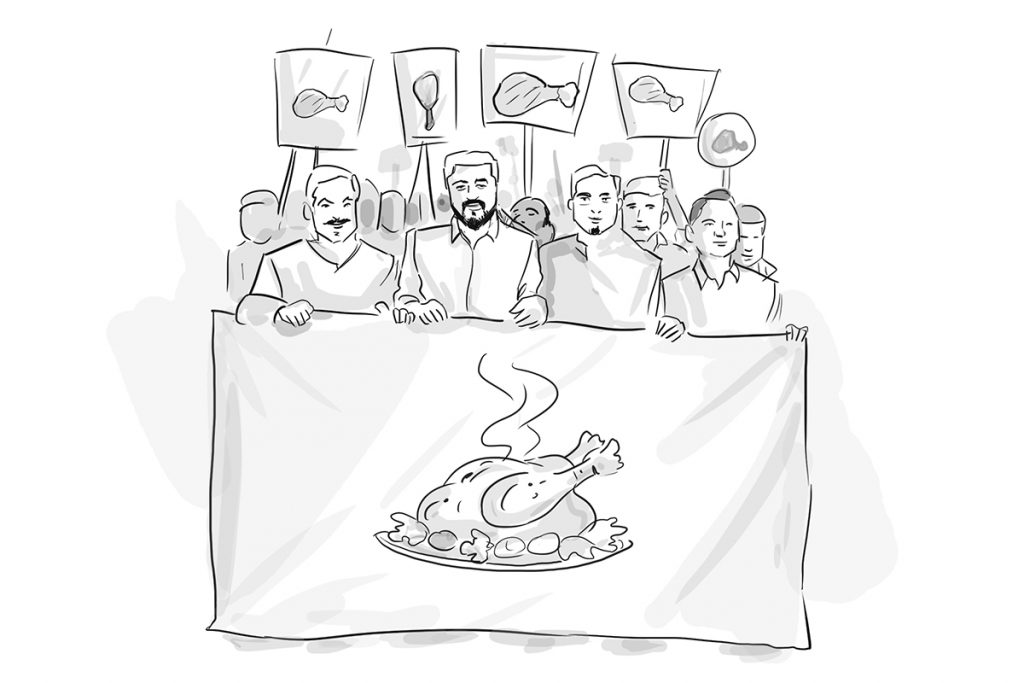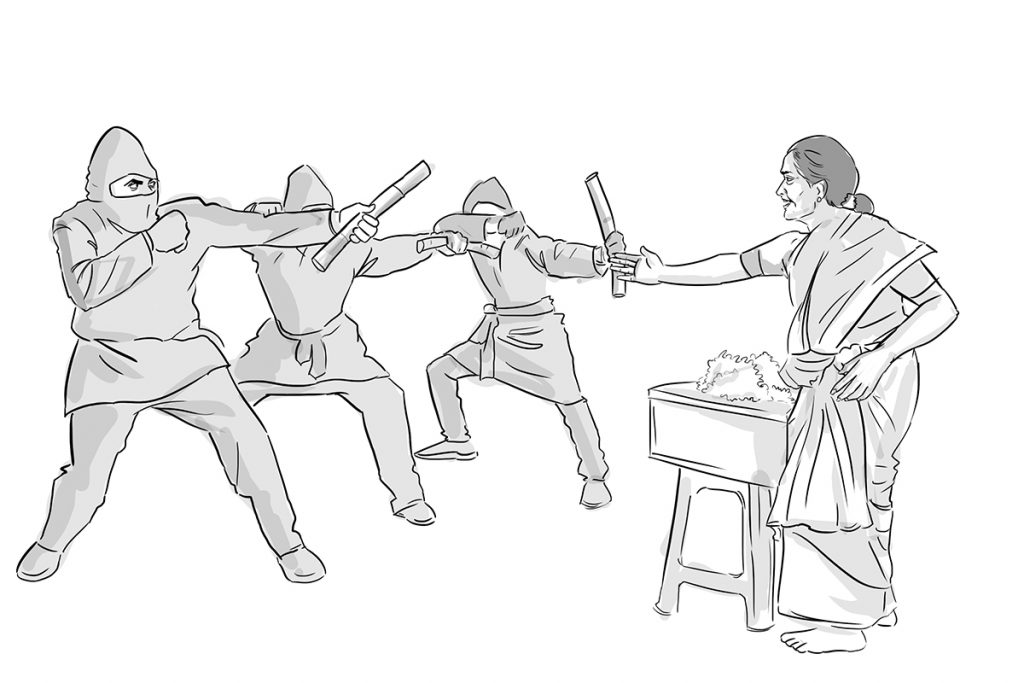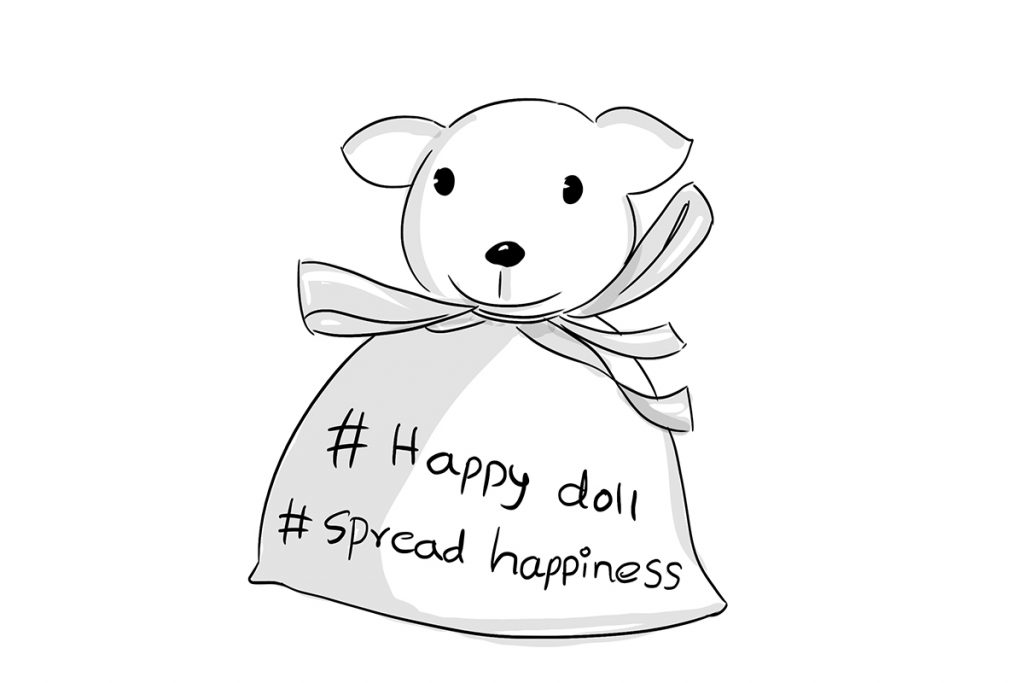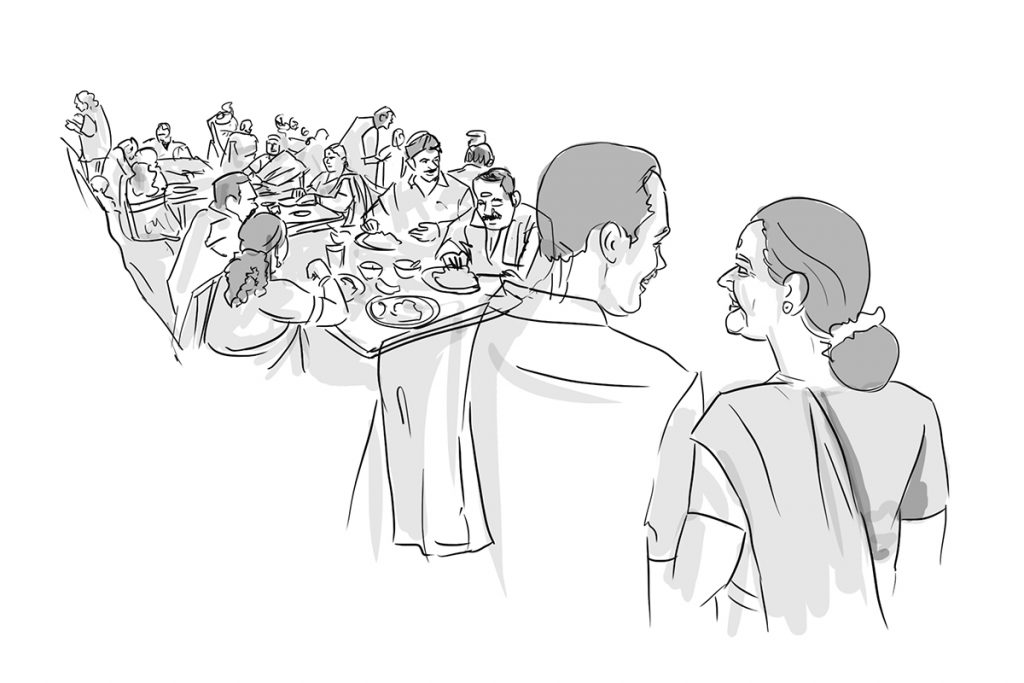Social responsibilities are common for everyone, and not limited to individuals or specific collective societies. A brand’s presence in the market is not only about the quality of its product or service, but also of how it gels well as a part of the society in which it operates. The marketing campaigns that focus on advertising the qualities of a product or service have a specific reach for the target demographic of those people who would benefit from the said things.
But when any brand operates with a social responsibility, the scope and reach vary, expanding to a much wider audience, thereby acquiring what is considered the most important thing for any brand – recognition and a positive feeling towards them and their initiatives. Tender Cuts is a chain of stores that have revolutionised the availability of good quality fresh meat and fish. Few months back they engaged the public in an initiative that was as much about social responsibility as it was about propagating something they felt passionate about. #TN100%VOTE was a campaign organised by TenderCuts that aimed for 100 % vote turnouts in the General Elections that happened during April 2019. People from Tender Cuts paraded the streets of Chennai, handing out pamphlets to the public and insisting about the importance of casting one’s vote and exercising our civil rights as an Indian citizen.
MYTH #10 RANDOM IDEAS CAN’T BE IMPLEMENTED IN GUERRILLA MARKETING 67 The largescale impact of this initiative was evident in the way people responded. Most of the audience who were approached responded positively, insisting with conviction that they would actively take part in the elections, performing their duty and voting in the elections. To offer further incentives, Tender Cuts offered a 10% discount to those who entered their stores and showed their inked fingers. This ensured that those who voted would be rewarded with a considerable discount. This outlier marketing idea worked as a combination of bringing in more business and also making the brand stand in the minds of patrons as someone with a civic sense. The focus of the whole campaign was on getting people to vote, with the brand itself taking the backseat. In this way, the intended effect was multiplied manifold, as people stopped to take notice. And when that happened, they noticed the name behind the entire campaign.
As far as the marketing angle was concerned, the initiative stood out. Guerrilla marketing is that type of roundabout approach that focuses on the outcome with unique ideas. The main focus of such campaigns should be to spread the name of the brand, and the idea becomes the tool with which the advertising is done indirectly. Instead of looking at direct charts and reports of the resources invested in marketing ventures and measuring their success by the outcome, this type of marketing focuses on many things at once: brand building, generating interest on the brand (or its product or service), and also staying in the memory of target audience amidst heavy competition. In this particular Tender Cuts venture, the cause was one of the most important government events ever – the National General Elections, and with that as the timing, the brand planned their initiative with care, so it would be rewarding for people who chose to do their duty, and also incentivise those who were cats on the wall.
The effect of course, was to motivate people to vote, but the subtext was the broader perspective of marketing – that to make people associate the brand with such a novel initiative. It is such campaigning that takes the name of the brand among masses in their regular conversations, instead of visual and print media advertisements that merely are prepared material. The campaign got good organic reach on social media platforms, furthering the fame of Tender Cuts.









